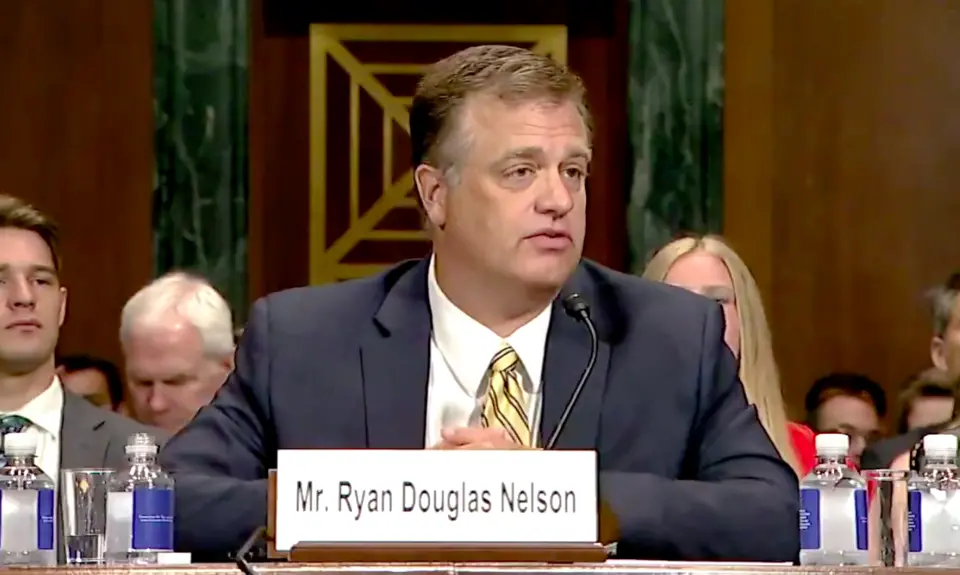“Confirmed Judges, Confirmed Fears” is a blog series documenting the harmful impact of President Trump’s judges on Americans’ rights and liberties. Cases in the series can be found by issue and by judge at this link.
Trump Ninth Circuit judge Ryan Nelson argued in dissent that the damages awarded to a group of bank employees who sold mortgages should be reduced by more than $1.8 million in accord with the bank’s claims. In its April 2020 decision in Ibarra v. Wells Fargo Bank N.A., the majority rejected Nelson’s claim and maintained the damages award because of the bank’s violation of a state law
Jacqueline Ibarra worked as a mortgage broker for a Wells Fargo branch in California. On behalf of herself and the class of other employees who sold mortgages for the bank, Ibarra filed a lawsuit contending that the bank violated California law by not providing compensation for time spent during required rest breaks and thus had significantly underpaid her and other employees. Based on facts agreed to by the parties, a district court granted summary judgment for Ibarra and her class and awarded a total of more than $97 million in damages.
On appeal, the Ninth Circuit partly affirmed and partly reversed and remanded the judgment. A three-judge panel agreed the bank was liable for at least $24.4 million, but remanded the case to a lower court to await a California Supreme Court decision in a pending case that would determine how much of the remaining $72.8 million should be awarded in damages to the Wells Fargo employees.
Judge Nelson partly dissented, based on an argument Wells Fargo made to reduce its liability. Wells Fargo claimed that 961 of the employees in the class earned only hourly wages, and that under the California law, they should receive no damages. He therefore dissented and claimed, in accord with Wells Fargo, that the majority was wrong to affirm the judgment that Wells Fargo must pay more than $1.8 million in damages with respect to these 961 employees.
The majority specifically rejected these arguments. As the majority explained, Wells Fargo had not “met its burden of establishing the number” of employees who were only paid hourly, although it “contends” that the number is 961. Because Wells Fargo had not proven and the parties had not agreed that there were 961 such employees, and there was “no other basis in the record for the reduction in damages Wells Fargo urges,” the majority concluded that the district court “did not err in refusing to order that reduction.”
If Nelson’s views had prevailed, these 961 employees would have been excluded from any remedy for Wells Fargo’s misconduct, and the amount owed by the bank to its employees would have been reduced by more than $1.8 million. Fortunately for these employees, Nelson’s argument was rejected.
